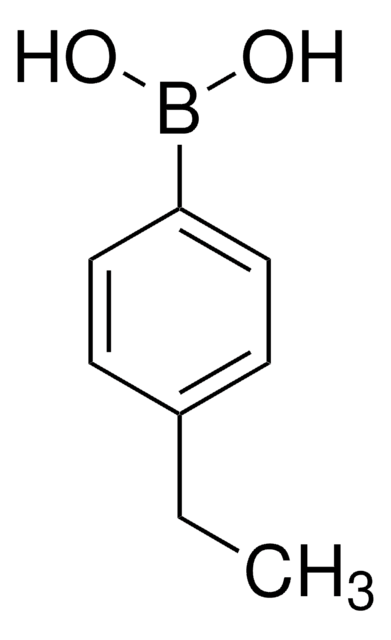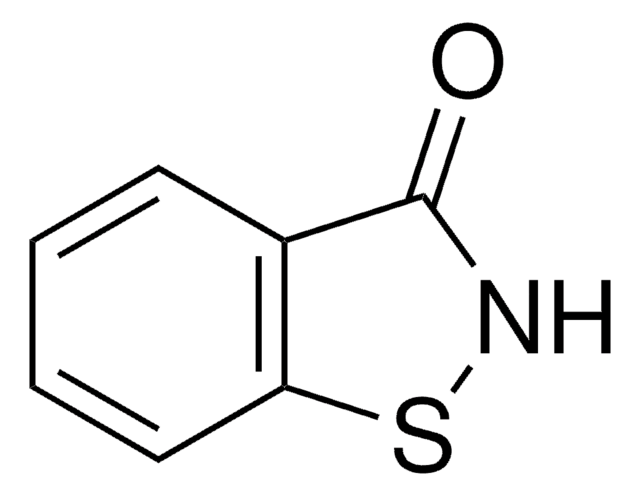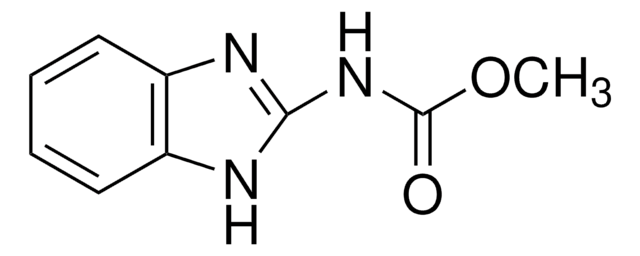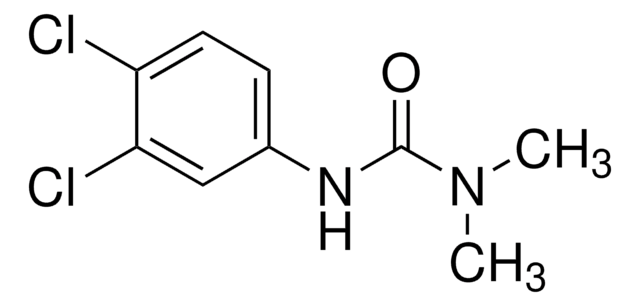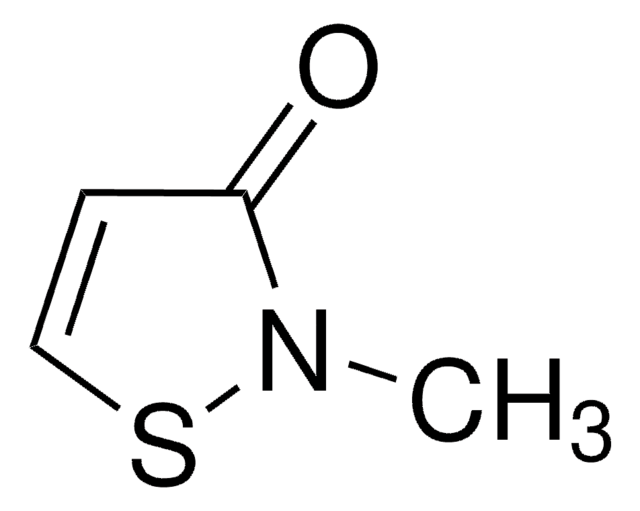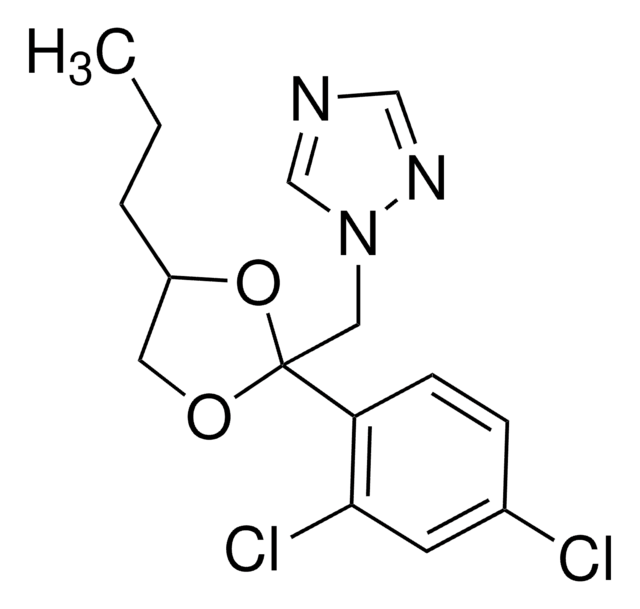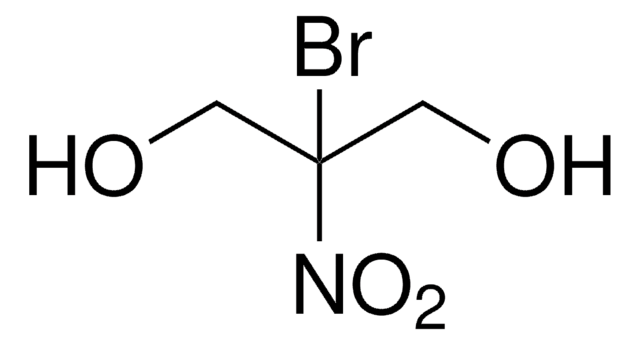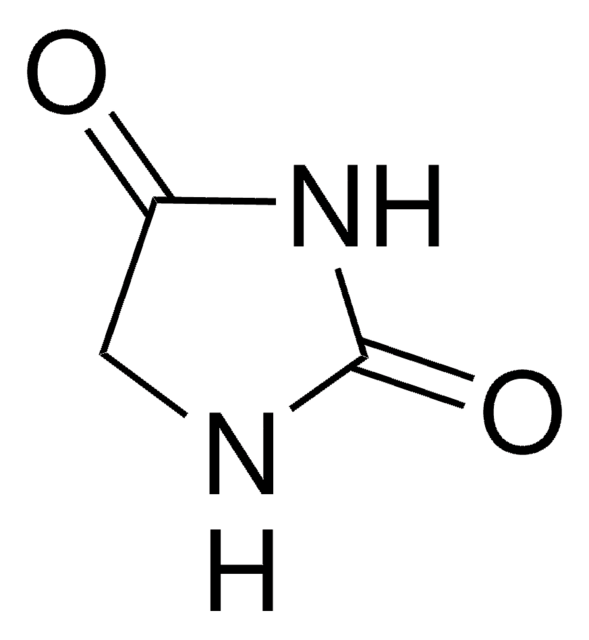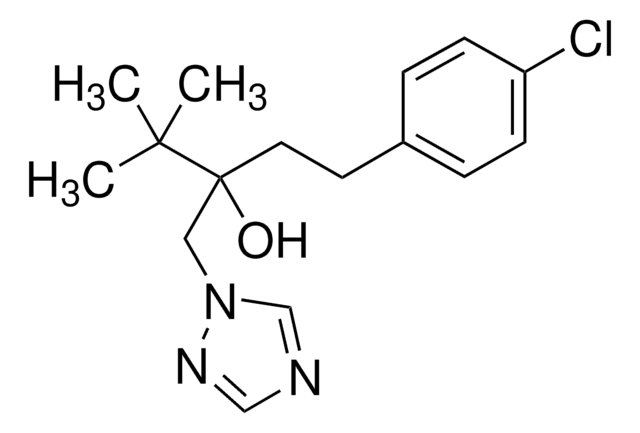521949
3-Iodo-2-propynyl N-butylcarbamate
97%
Synonym(s):
1-Iodoprop-1-yn-3-yl N-n-butylcarbamate, 3-Iodoprop-2-yn-1-yl N-butylcarbamate, 3-Iodoprop-2-yn-1-yl butylcarbamate, 3-Iodopropargyl n-butylcarbamate
About This Item
Recommended Products
Quality Level
Assay
97%
mp
64-68 °C (lit.)
functional group
amine
iodo
SMILES string
CCCCNC(=O)OCC#CI
InChI
1S/C8H12INO2/c1-2-3-6-10-8(11)12-7-4-5-9/h2-3,6-7H2,1H3,(H,10,11)
InChI key
WYVVKGNFXHOCQV-UHFFFAOYSA-N
Looking for similar products? Visit Product Comparison Guide
Related Categories
General description
Signal Word
Danger
Hazard Statements
Precautionary Statements
Hazard Classifications
Acute Tox. 3 Inhalation - Acute Tox. 4 Oral - Aquatic Acute 1 - Aquatic Chronic 1 - Eye Dam. 1 - Skin Sens. 1 - STOT RE 1
Storage Class Code
6.1C - Combustible acute toxic Cat.3 / toxic compounds or compounds which causing chronic effects
WGK
WGK 3
Flash Point(F)
Not applicable
Flash Point(C)
Not applicable
Personal Protective Equipment
Choose from one of the most recent versions:
Already Own This Product?
Find documentation for the products that you have recently purchased in the Document Library.
Customers Also Viewed
Global Trade Item Number
| SKU | GTIN |
|---|---|
| 521949-50G | 4061832547671 |
| 521949-10G | 4061832547664 |
Our team of scientists has experience in all areas of research including Life Science, Material Science, Chemical Synthesis, Chromatography, Analytical and many others.
Contact Technical Service